As of 2021 2023 there still isn't a built-in way to convert a System.Guid to a MySQL compatible big endian string in C#.
Here's the extension we came up with when we encountered this exact C# mixed-endian Guid problem at work:
Original Version
public static string ToStringBigEndian(this Guid guid)
{
// allocate enough bytes to store Guid ASCII string
Span<byte> result = stackalloc byte[36];
// set all bytes to 0xFF (to be able to distinguish them from real data)
result.Fill(0xFF);
// get bytes from guid
Span<byte> buffer = stackalloc byte[16];
_ = guid.TryWriteBytes(buffer);
int skip = 0;
// iterate over guid bytes
for (int i = 0; i < buffer.Length; i++)
{
// indices 4, 6, 8 and 10 will contain a '-' delimiter character in the Guid string.
// --> leave space for those delimiters
if (i is 4 or 6 or 8 or 10)
{
skip++;
}
// stretch high and low bytes of every single byte into two bytes (skipping '-' delimiter characters)
result[(2 * i) + skip] = (byte)(buffer[i] >> 0x4);
result[(2 * i) + 1 + skip] = (byte)(buffer[i] & 0x0Fu);
}
// iterate over precomputed byte array.
// values 0x0 to 0xF are final hex values, but must be mapped to ASCII characters.
// value 0xFF is to be mapped to '-' delimiter character.
for (int i = 0; i < result.Length; i++)
{
// map bytes to ASCII values (a-f will be lowercase)
ref byte b = ref result[i];
b = b switch
{
0xFF => 0x2D, // Map 0xFF to '-' character
< 0xA => (byte)(b + 0x30u), // Map 0x0 - 0x9 to '0' - '9'
_ => (byte)(b + 0x57u) // Map 0xA - 0xF to 'a' - 'f'
};
}
// get string from ASCII encoded guid byte array
return Encoding.ASCII.GetString(result);
}
it's a bit lengthy but apart from the big endian string it returns it does no heap allocations so it's guaranteed to be fast :)
Update 2023: Faster Version
less branches => less branch mispredictions => less pipeline stalls => faster.
public static string ToStringBigEndian(this Guid guid)
{
// allocate enough bytes to store Guid ASCII string
Span<byte> result = stackalloc byte[36];
// get bytes from guid
Span<byte> buffer = stackalloc byte[16];
_ = guid.TryWriteBytes(buffer);
int skip = 0;
// iterate over guid bytes
for (int i = 0; i < buffer.Length; i++)
{
// indices 4, 6, 8 and 10 will contain a '-' delimiter character in the Guid string.
// --> leave space for those delimiters
// we can check if i is even and i / 2 is >= 2 and <= 5 to determine if we are at one of those indices
// 0xF...F if i is odd and 0x0...0 if i is even
int isOddMask = -(i & 1);
// 0xF...F if i / 2 is < 2 and 0x0...0 if i / 2 is >= 2
int less2Mask = ((i >> 1) - 2) >> 31;
// 0xF...F if i / 2 is > 5 and 0x0...0 if i / 2 is <= 5
int greater5Mask = ~(((i >> 1) - 6) >> 31);
// 0xF...F if i is even and 2 <= i / 2 <= 5 otherwise 0x0...0
int skipIndexMask = ~(isOddMask | less2Mask | greater5Mask);
// skipIndexMask will be 0xFFFFFFFF for indices 4, 6, 8 and 10 and 0x00000000 for all other indices
// --> skip those indices
skip += 1 & skipIndexMask;
result[(2 * i) + skip] = ToHexCharBranchless(buffer[i] >>> 0x4);
result[(2 * i) + skip + 1] = ToHexCharBranchless(buffer[i] & 0x0F);
}
// add dashes
const byte dash = (byte)'-';
result[8] = result[13] = result[18] = result[23] = dash;
// get string from ASCII encoded guid byte array
return Encoding.ASCII.GetString(result);
}
[MethodImpl(MethodImplOptions.AggressiveInlining)]
private static byte ToHexCharBranchless(int b) =>
// b + 0x30 for [0-9] if 0 <= b <= 9 and b + 0x30 + 0x27 for [a-f] if 10 <= b <= 15
(byte)(b + 0x30 + (0x27 & ~((b - 0xA) >> 31)));
Benchmark results indicate a performance improvement of ~30%:

